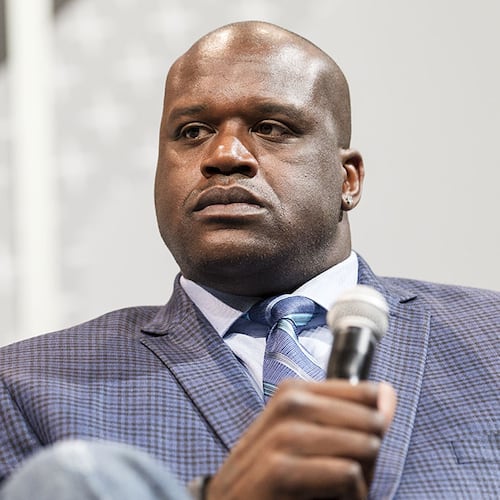Matthew Vines has his work cut out for him.
Vines, author of “God and the Gay Christian,” wants to advance LGBT issues in unlikely places — conservative and evangelical churches.
In 2013, Vines started the Reformation Project, a nonprofit that trains Christians to support and affirm lesbian, gay, bisexual and transgender people.
“This is about gradual, long-term change that endures. I’m not expecting mountains to move overnight. What we’re trying to do is lay the foundation for mountains to move eventually.”
The Reformation Project will hold a regional training conference Thursday afternoon through Saturday at the Sheraton Atlanta Hotel, 165 Courtland St. N.E. For more information, go to www.reformationproject.org/atl15.
Most of the project’s early participants were laypeople who had more freedom to talk about such issues because their jobs and congregations were not on the line.
He doesn’t want to blast Christians who believe same-sex relationships are sinful. “We don’t want to dismiss those people, but to honor and respect where they’re coming from by engaging them in a really thoughtful way and encourage them to revisit their interpretation of the Bible.”
The conference is being held the same month as the U.S. Supreme Court is expected to rule on whether same-sex couples have a constitutional right to marry.
While a favorable ruling “may accelerate conversations in some faith communities, it certainly won’t resolve them,” he said. “Churches will always have the right to marry or not marry whomever they choose, and for churches that hold a high view of the Bible’s authority, in-depth conversations around biblical interpretation will have to take place before they are willing to change their beliefs and practices.”
Below are excerpts of his interview.
Q: Why is inclusion so important?
A: Churches should care about including the LGBT community because Jesus cared so deeply about the marginalized and disempowered. The church has caused an enormous amount of pain and suffering to LGBT people, and we can't expect to be taken seriously as moral leaders if we don't acknowledge that pain, change our ways and sincerely apologize. This issue isn't just about the dignity of LGBT people — it's also about the witness and mission of the church.
Q: You’ve said that the Bible argument against same-sex relationships that you most often hear from conservative Christians is Romans 1.
A: In Romans 1:26-27, the apostle Paul condemns the lustful same-sex behavior of people who "abandon" or "exchange" opposite-sex for same-sex relations. But while his language is certainly negative, he describes these encounters as lustful and fleeting. Neither Paul nor any other biblical author addresses the concept of long-term, committed same-sex relationships. Moreover, while Paul calls same-sex behavior "unnatural," he uses the same word to criticize long hair in men in 1 Corinthians 11:14, and most Christians interpret that as a synonym for "unconventional." So Christians don't have to disagree with Paul in order to affirm same-sex marriage today. We just need to acknowledge that Paul wasn't addressing the issues of sexual orientation and same-sex marriage.
Q: Is this project limited to the U.S. now? As you know, evangelicals are making huge inroads in Africa and Asia. How accepting have churches there been of LGBT relationships and how can you change that thinking?
A: For the time being, the Reformation Project's work is mostly limited to the United States, although we will have attendees at our conference this weekend from as far away as Australia. American evangelicals still carry the greatest influence globally in terms of theology, so this is a critical place to start to open up the conversation. I know a number of extraordinary LGBT advocates in places like Africa and Latin America, and while there is a great deal of work left to be done in those areas (as there is in the United States as well), I am hopeful that changes in American evangelicalism can contribute to changes throughout global Christianity.
Q: Is there a big leap to go from affirming same-sex relations and being welcoming to the LGBT community and performing gay marriages?
A: There is certainly a difference between "welcoming" and "affirming." Many churches that bill themselves as welcoming to the LGBT community still believe that same-sex relationships are sinful, which is something that I'd like to see change. But once churches become fully affirming of same-sex relationships, they generally are willing to perform same-sex marriages as well.
About the Author
The Latest
Featured


